BOOK THIS SPACE FOR AD
ARTICLE ADResidents of Sweden are to receive a handy new guide this week that details how to prepare for various types of crisis situations or wartime should geopolitical events threaten the country.
The "If crisis or war comes" [PDF] guide received its first update in six years and its distribution to every Swedish household begins today. Citing factors such as war, terrorism, cyberattacks, and increasingly extreme weather events, the 32-page guide was commissioned by the government and calls for unity to secure the country's independence.
"To all residents of Sweden, we live in uncertain times," the brochure begins. "Armed conflicts are currently being waged in our corner of the world. Terrorism, cyberattacks, and disinformation campaigns are being used to undermine and influence us. To resist these threats, we must stand united. If Sweden is attacked, everyone must do their part to defend Sweden's independence – and our democracy.
"We build resilience every day, together with our loved ones, colleagues, friends, and neighbors. In this brochure, you learn how to prepare for, and act, in case of crisis or war. You are part of Sweden's overall emergency preparedness."
Sweden, which joined the North Atlantic Treaty Organization (NATO) only this year, said military threats are increasing. Foreign affairs minister Tobias Billström specifically referred to the ongoing conflict between Russia and Ukraine as the reason for joining in an April speech.
In the event that war breaks out on Swedish soil, the "If crisis or war comes" section includes all the advice one might expect from a government-issued wartime guide, such as home survival tips, what items to stockpile or keep to hand, and how to find the nearest air raid shelter, which will also be used in the event of nuclear war.
The guide recommends keeping a minimum of three liters of water per person, per day, ready for a crisis scenario. Non-perishable foods, ideally those that can be stored at room temperature and don't require heating, such as tinned meals, crispbreads, dried meat, pesto, and cheese in a tube were also recommended.
A water shortage or outage would also affect sanitation, so keeping items like buckets with lids will allow people to do their business without needing to flush a toilet. It also recommends stockpiling toilet paper for such situations, but given the insanity around that at the beginning of the COVID-19 pandemic, it's still too soon to be thinking about that particular hellscape again.
Other sections are dedicated to more contemporary matters and issues, such as communication and cybersecurity. Citizens are encouraged to purchase extra batteries and power banks so they can receive government news and maintain contact with loved ones, for example.
IT outages were referenced among the more common types of issues that could be faced outside of wartime, so Swedes are also encouraged to take digital security seriously. That means applying security updates, making backups of data, and being vigilant about phishing emails.
"Digitalisation can make us vulnerable to cyberattacks that knock out critical IT systems," the guide reads. "You play a part in strengthening Sweden's resilience by handling information in a safe and secure way, both at home and at work."
Even more common than IT outages are disinformation campaigns, doubtless referring to Russia again in this case, saying they occur on a daily basis and are designed to sow distrust. The more modern phenomenon earned its own section in the guide alongside the more traditional threats to society, starkly illustrating how wartime guidance has changed in the past decade or so.
Officials warn of Russia's tech-for-troops deal with North Korea amid Ukraine conflict Russian court fines Google $20,000,000,000,000,000,000,000,000,000,000,000 Linus Torvalds affirms expulsion of Russian maintainers Uncle Sam puts $10M bounty on Russian troll farm RybarIn case digital payment services go down, citizens are advised to hold multiple types of payment cards – debit and credit – issued by different banks, as well as cash – small notes and coins.
The contemporary guidance is also reflected in the equivalent documents of neighboring countries in Scandinavia, including Russia-bordering Finland, which joined NATO only last year following Russia's threat in 2021 to never allow either country to join the defense alliance.
With Sweden and Finland now NATO members, all countries around the Baltic Sea, except for Russia, protect and are protected by the alliance.
Finland updated its wartime and crisis guidance document on November 15. Unlike Sweden's, it's completely digitized and hosted on the government's website. There are no paper copies issued to residents.
Its contents are largely identical to Sweden's, however, also noting that cyberattacks, IT outages, and payment systems could all lead to significant challenges.
Notably, both guides include a section on psychological preparation and maintenance, reflecting modern society's increasing awareness of mental health and its importance in taking care of one another during a crisis. ®
.png)
 2 days ago
17
2 days ago
17 
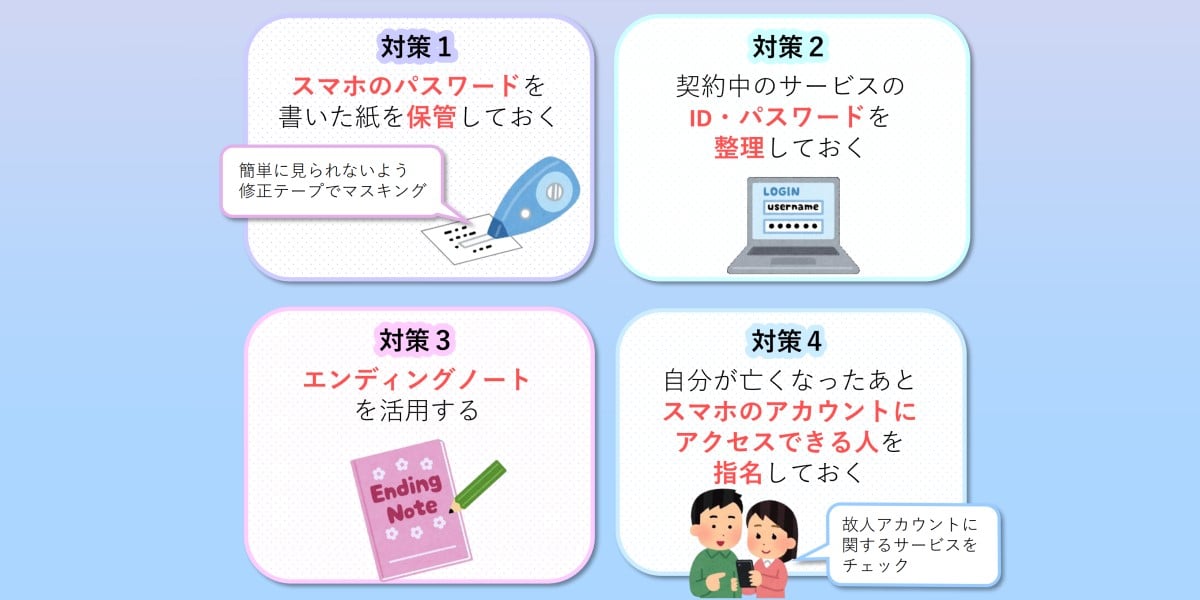
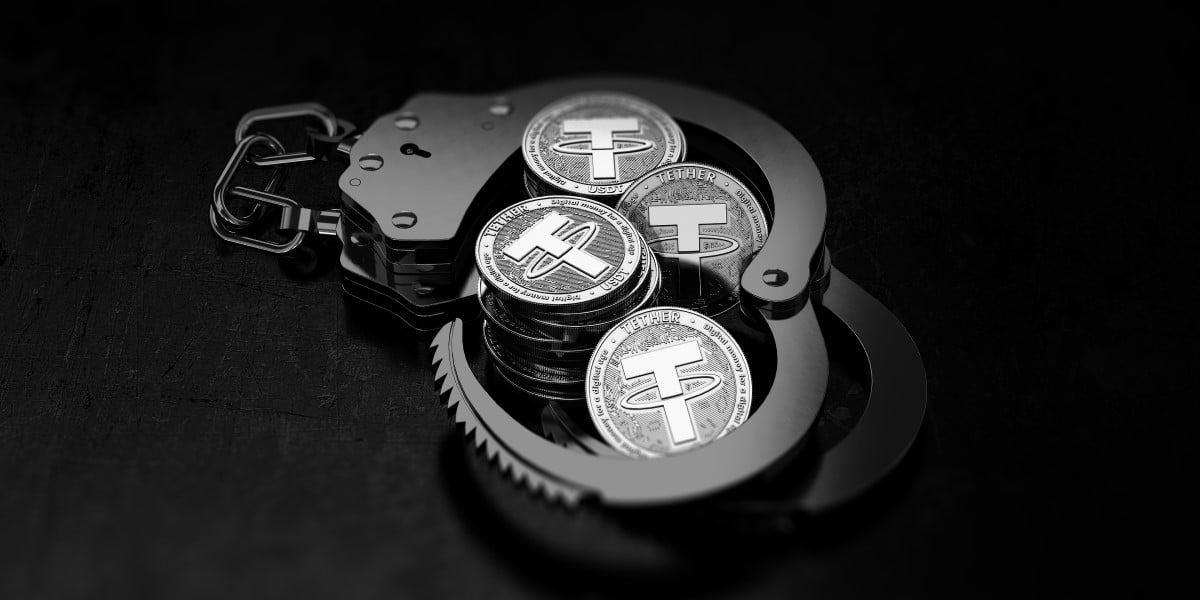
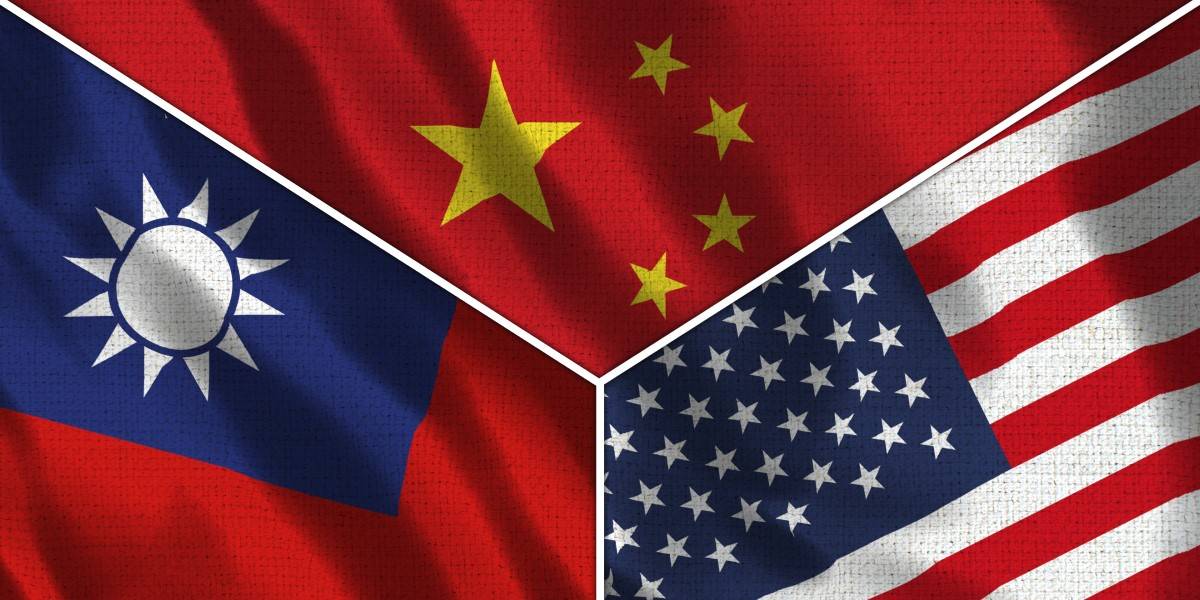
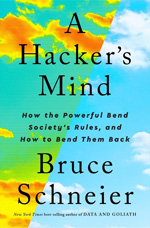
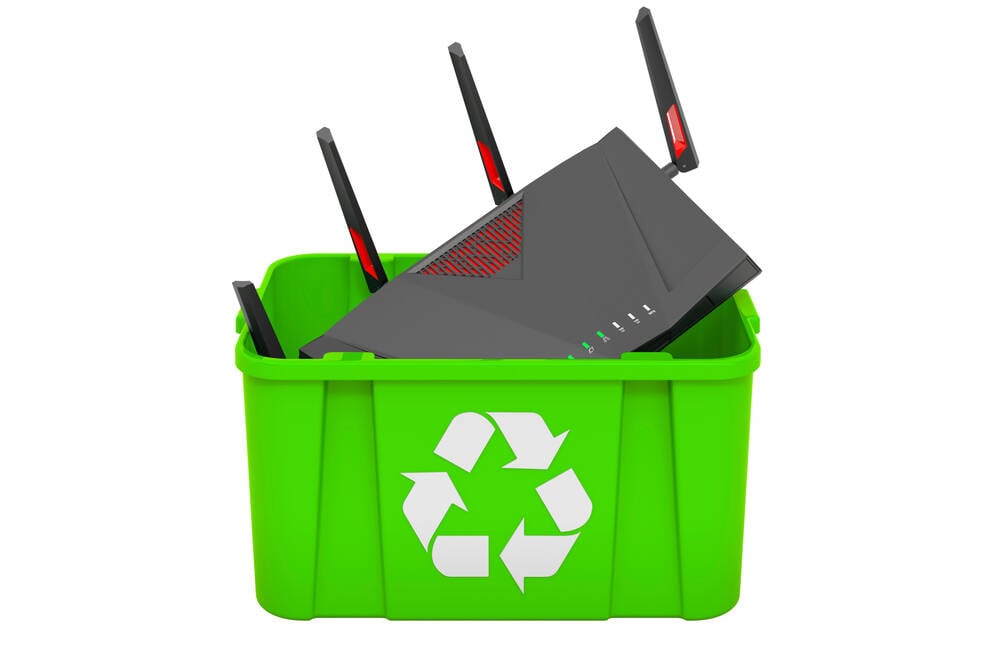









 Bengali (Bangladesh) ·
Bengali (Bangladesh) ·  English (United States) ·
English (United States) ·